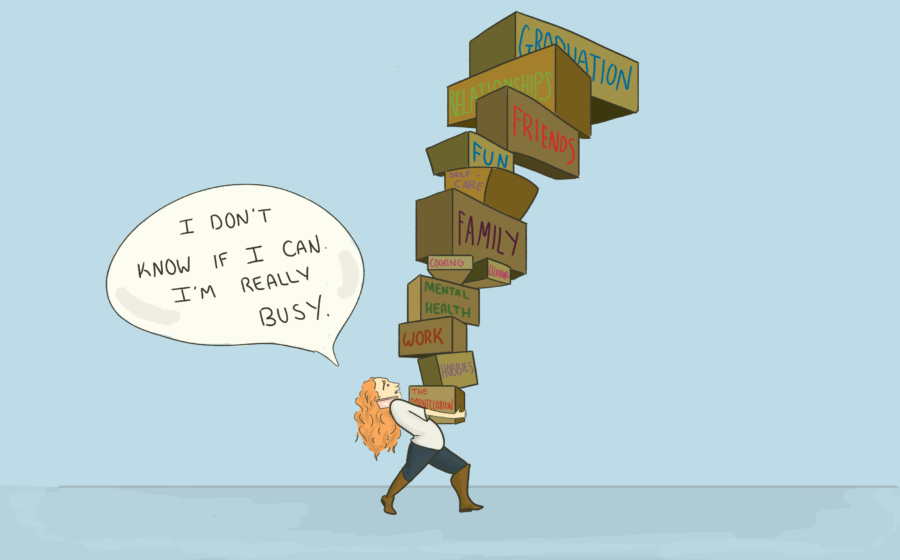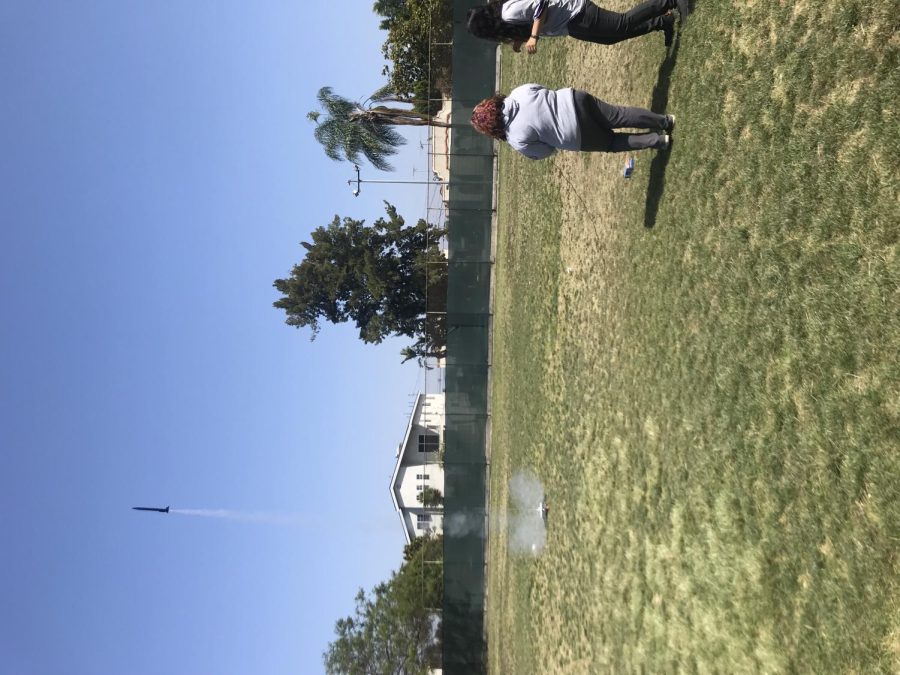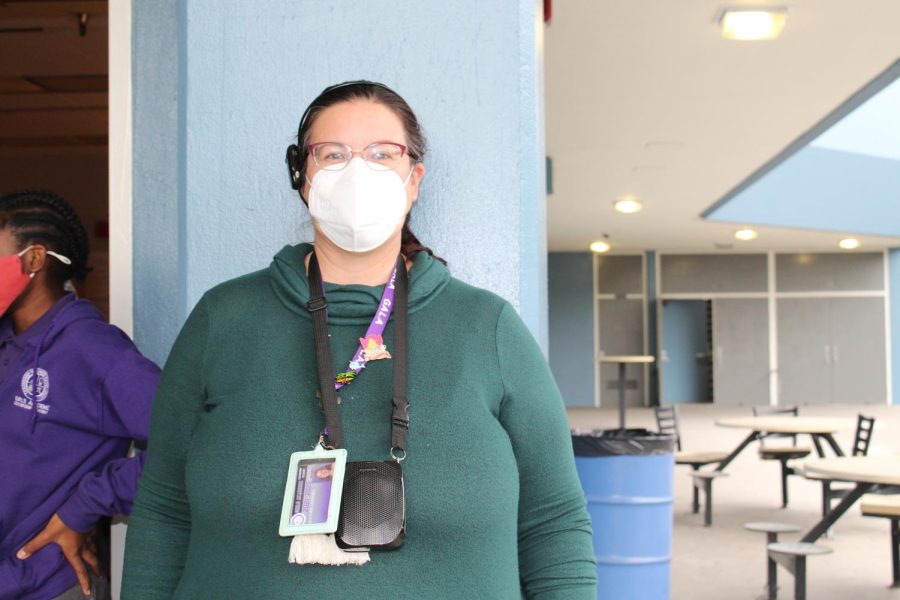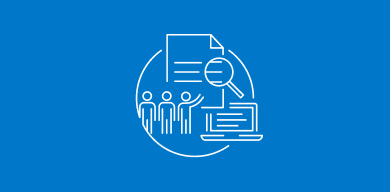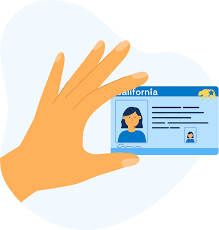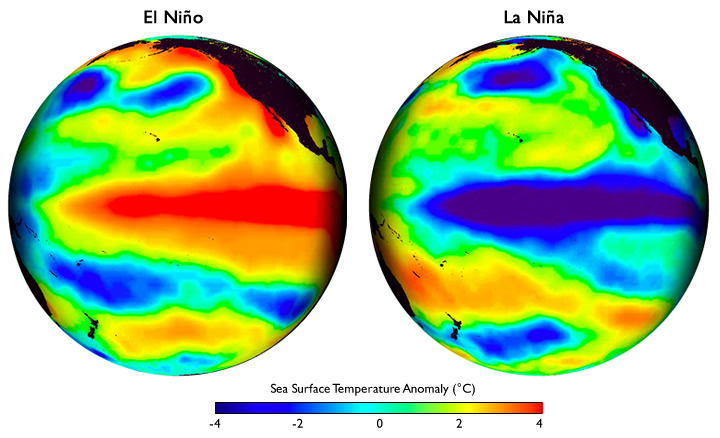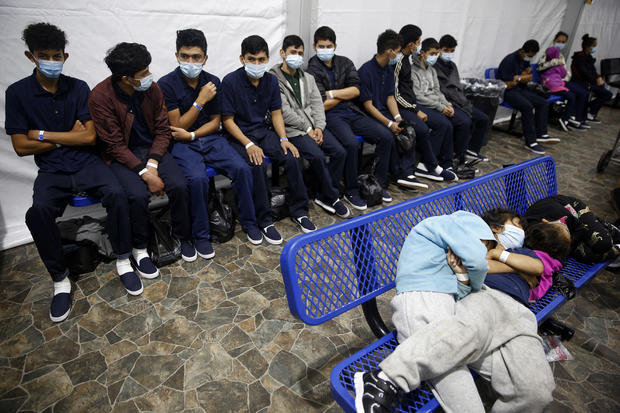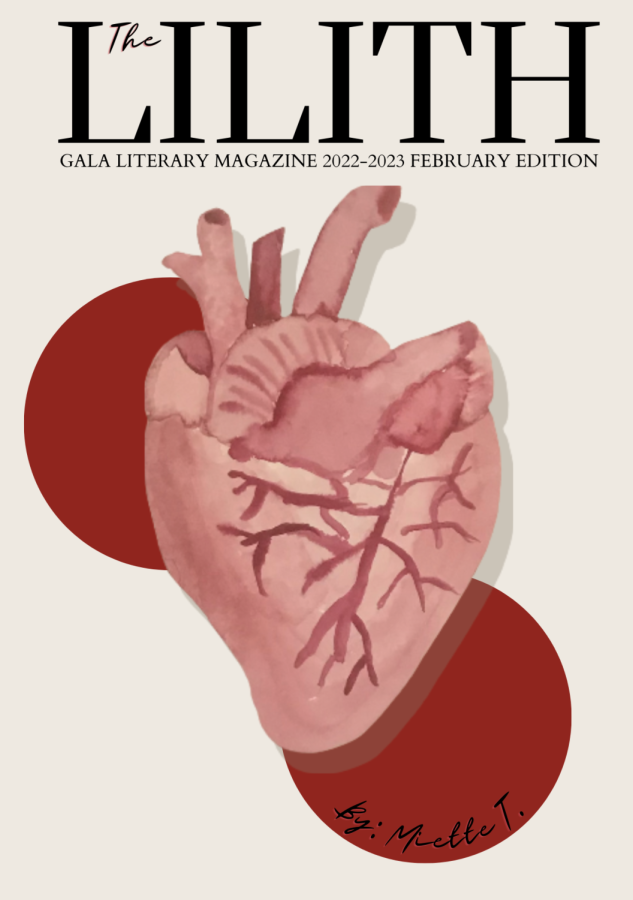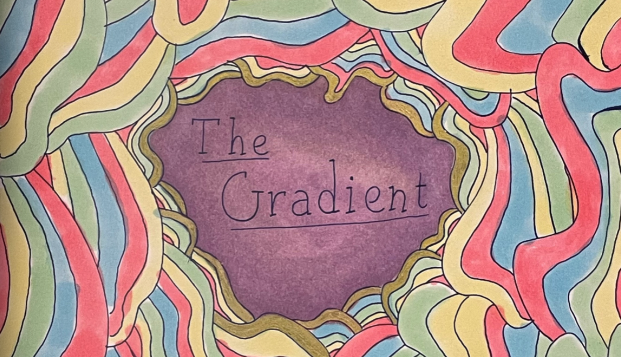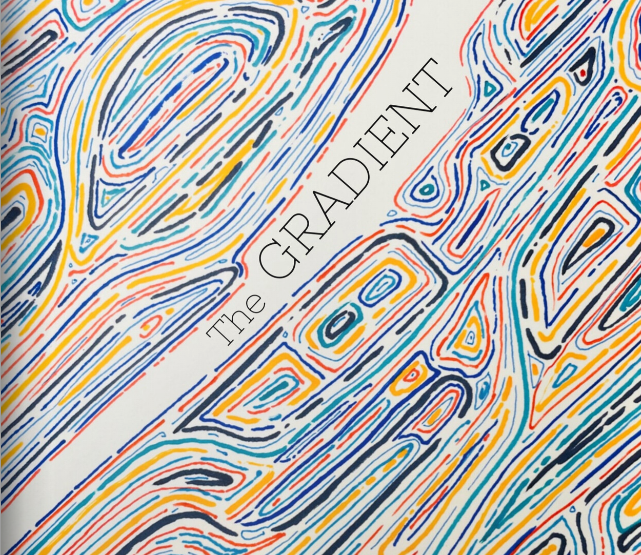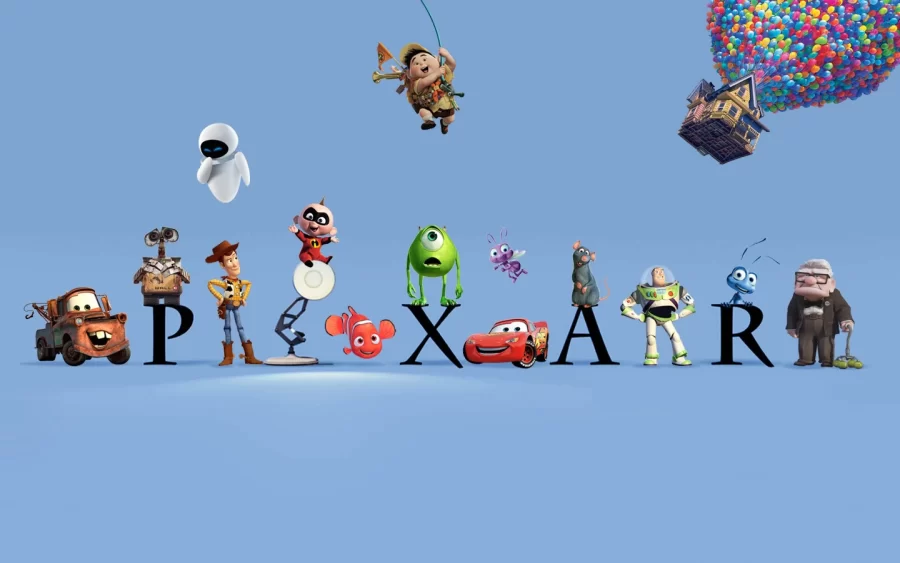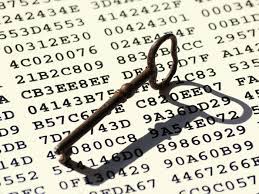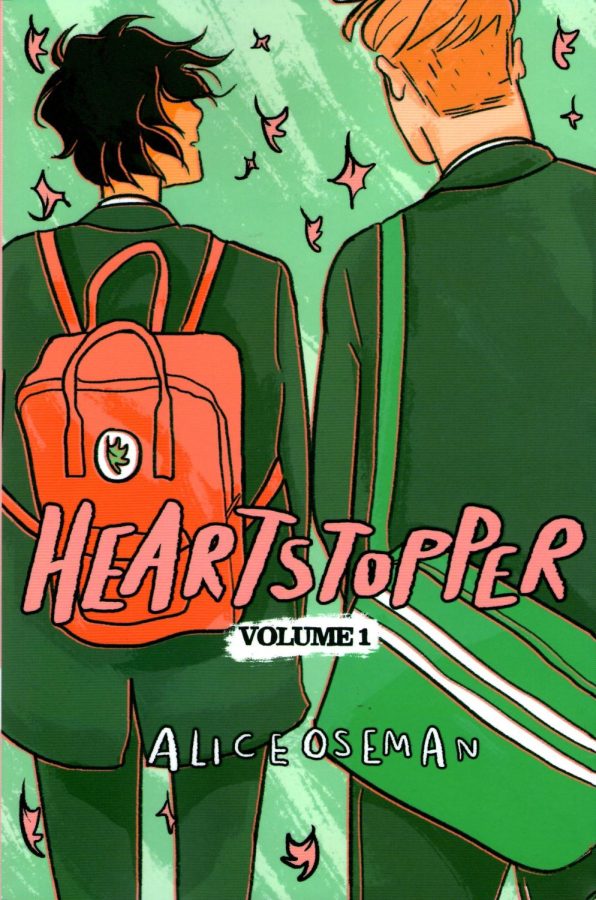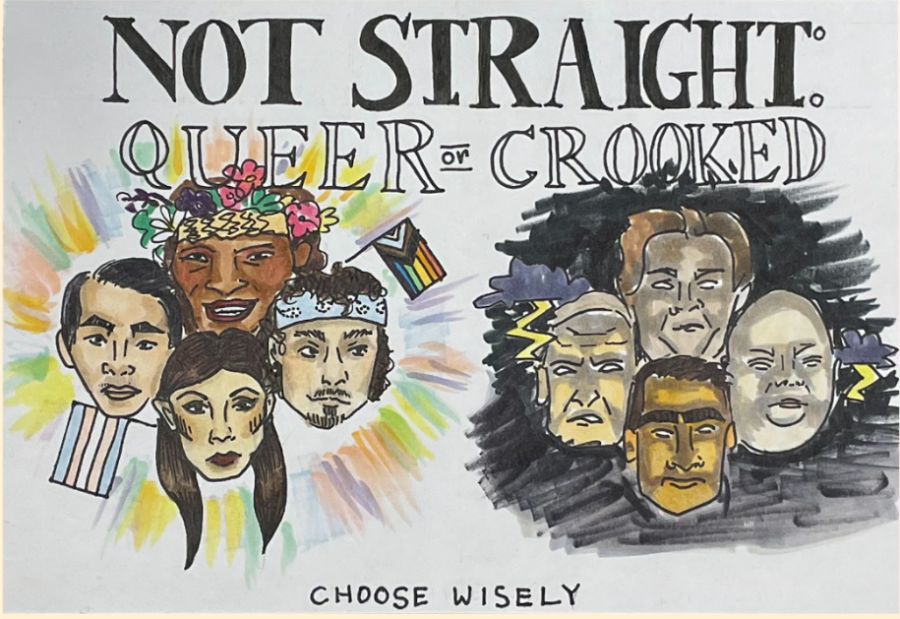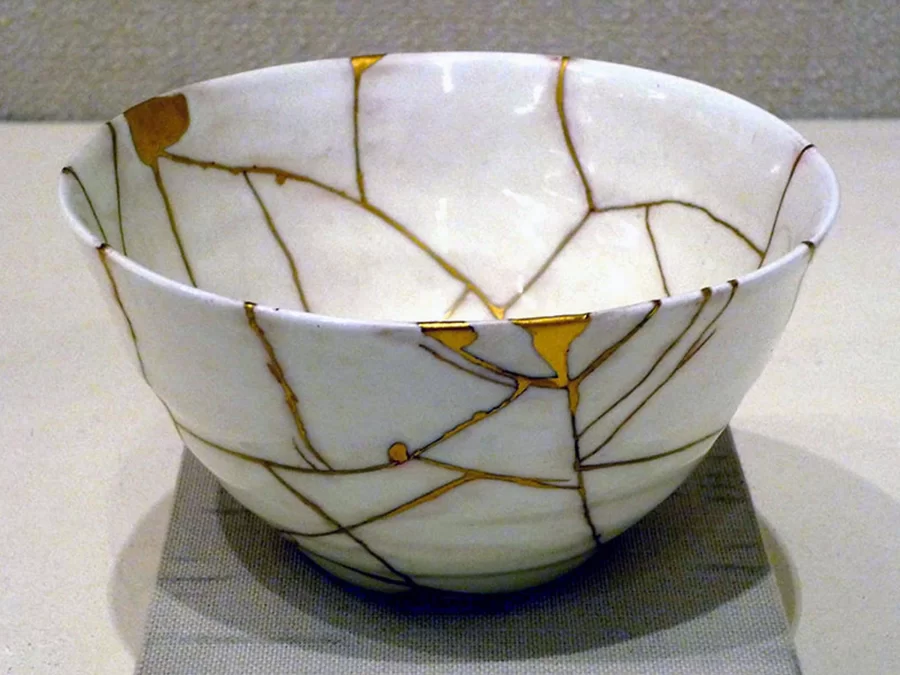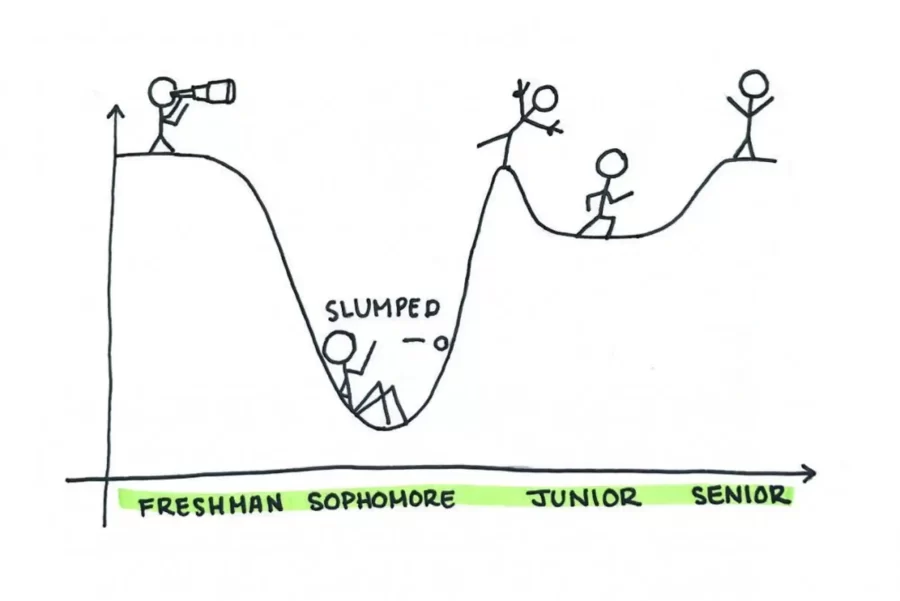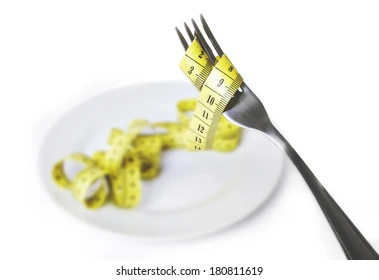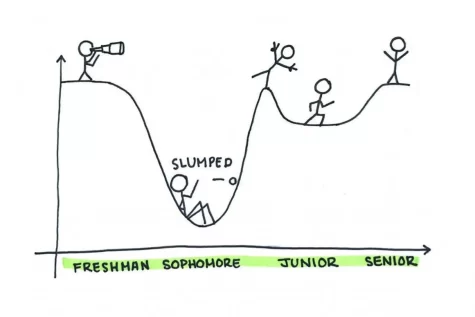Have you eaten today?: How to Recognize Eating Disorders in Your Friends (and Yourself) and Help Them
TW: This article is about various eating disorders. If you feel uncomfortable with this topic, please feel free to click off this page.
Not many people know that there are various types of eating disorders. One of the most frequently mentioned/talked about eating disorders is anorexia, even if only around 9% of people with eating disorders struggle with it. Here are some other eating disorders and their symptoms that you can look out for if you suspect that you or someone you know has an eating disorder.
Anorexia Nervosa:
This eating disorder is usually identified by a lack of appropriate weight gain in adolescents, but this is not always present. Some other signs of anorexia are:
Binge eating
Exercising compulsively
Making frequent comments about feeling like they need to lose weight
Unable to maintain an appropriate body weight
Guilt after eating
Dramatic weight loss
Self induced vomiting
Immoderate use of laxatives
Binge eating disorder:
This eating disorder usually consists of repetitive episodes of eating large quantities of food (this usually happens quickly and to the point of discomfort). Other symptoms are:
Feelings of lack of control over the ability to stop eating
Feelings of guilt or shame after eating
Stealing or hoarding food
Other specified feeding and eating disorders:
This eating disorder was created to incorporate those who didn’t meet the strict criteria for Anorexia, but still had a notable eating disorder. Some symptoms are:
Recurring episodes of consuming large amounts of food, followed by actions to prevent gaining weight
Possible low self esteem related to body image
Guilt
Feelings of needing to burn off calories
Dieting behaviors
Purging
There are many more eating disorders that you can learn about here: Types of Eating Disorders
Other disorders include:
Avoidant Restrictive Food intake Disorder
Rumination Disorder
Unspecified Feeding or Eating disorder
Bulimia Nervosa
Orthorexia
If you know someone who you think could have an eating disorder, talk to them in private rather than in front of others. This could make them feel uncomfortable and could be a bit triggering. Show compassion and care through your words and actions and be sure to listen to them non-judgmentally.
When eating, try not to comment on what a person is eating, as that can be considered food shaming. Don’t comment on a person’s weight or force them to eat, and remember not to be critical of the person’s appearance. Try not to focus too much on the topic of food, and don’t use language that could imply blame to the person. Also, avoid saying things such as “I haven’t eaten all day,” and definitely don’t talk about details like weight or calories consumed.
If you think you or someone you know has an eating disorder, be sure to seek professional help and encourage professional help.
Sources:
Types of Eating Disorders | Anxiety and Depression Association of America, ADAA

This is Jade. She's a junior, and this second year with The Echo! She’s had an interest in photography since she was little and is now able to contribute...



